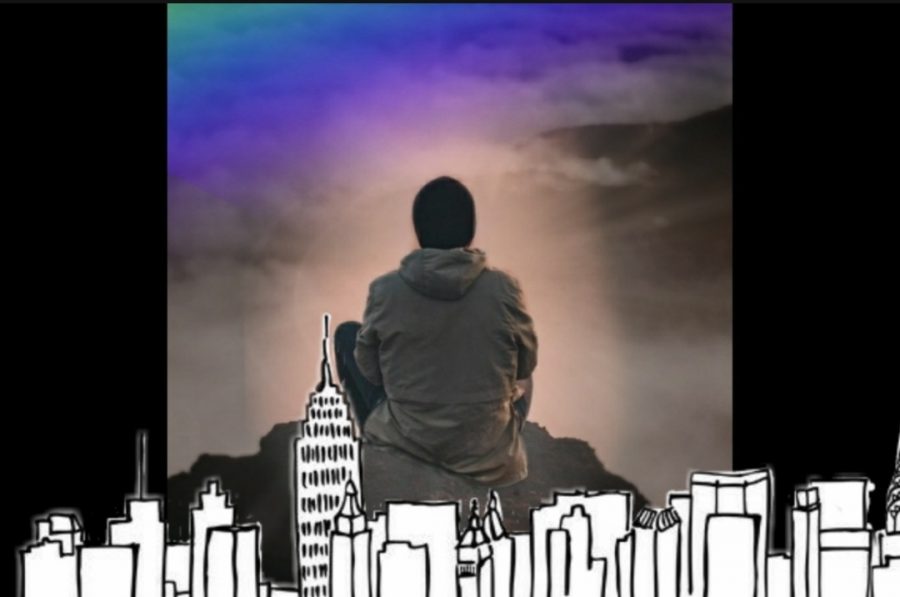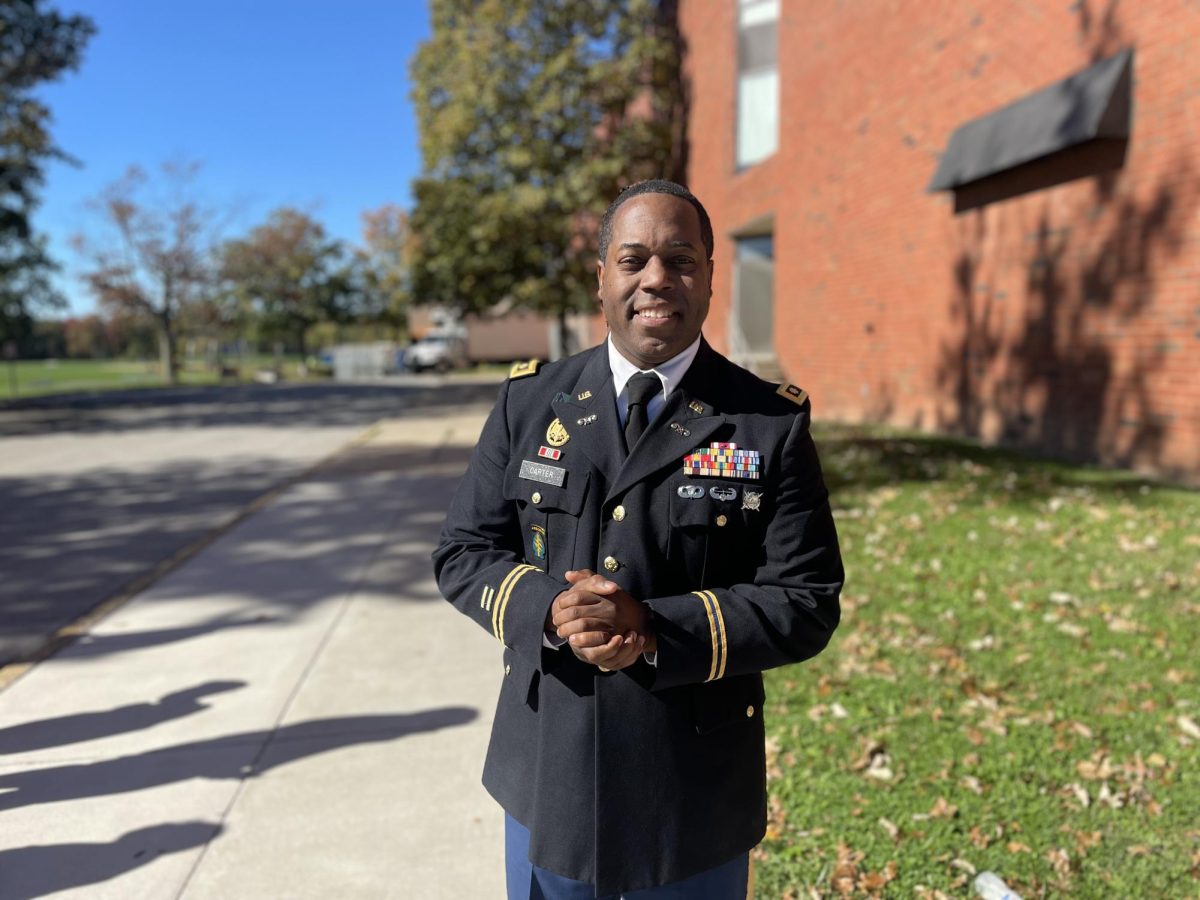Students are Finding More Independence as the Pandemic Continues
March 12, 2021
We know how schoolwork and our jobs have gotten interrupted by the coronavirus, but many students are involved in other programs to better themselves as well. Some students are actually working with counselors to become more independent, which is much harder to do when everything becomes more serious.
For this article, I spoke with two human services counselors who teach young students skills to become independent and one of those students who is learning those skills. The student, who asked to be identified as Star, talked about how she still wanted to learn how to be independent even in a pandemic when places are shut down and you can’t work directly with counselors.
Star is a freshman in high school who is interested in health care and aspires to become a nurse. When we talked about how she was learning new life skills in the pandemic, her perspective was interesting and different than what I would have thought. Most of us feel as though the pandemic has delayed us from learning something. “I’m not a person who likes change,” said Star. “If something changes, I get very terrified, and I shut down. But now I’m learning to get better at it, especially with this pandemic.”
At the very beginning of the pandemic, we were mostly bored out of our minds and desperate for entertainment. Many of us turned to social media as a way to stay connected with each other. However, social media can impact you on a personal level emotionally. Star talked about how learning how to be on social media is learning how to take care of her well-being.
“You need to focus on yourself first because you really can’t develop independent skills unless you can focus on yourself and block out negativity,” she said. “You really can’t achieve goals in life if you have negative people in your way that are stopping you from improving your life.”
Star also talked about how she has changed her mindset during the pandemic. She is more considerate of people around her, and that is making her a better person.
“When I used to get sick, I wasn’t aware of my surroundings and how it could affect others,” said Star. “But now if I feel sick, I know to definitely be more cautious around others. The pandemic has shown me now to be more aware.”

After seeing the view of a student with a passion for helping people, I spoke with Rasheeda and Cheyenne, both of whom are counselors that work in a program that helps people who have a hard time learning life skills. Rasheeda and Cheyenne had some strong insights on the emotions of working in a pandemic.
“It feels like I’m being given an opportunity to help someone else have an opportunity,” Rasheeda said. “ I feel like it’s a privilege. It’s a privilege to be able to help the next generation. It’s just like, there were so many people who helped me when I was your age, so, I feel like it’s an honor to be able to give that back.”
Cheyenne agreed with what Rasheeda said about the feeling of working in a pandemic. However, Cheyenne and Rasheeda have similar but different stories of getting involved in the job of being a counselor.
Cheyenne was inspired by her mother, who was in the foster care system, to become a counselor. “A lot of her siblings were all separated,” she said. “So that kind of motivated me to want to be able to give back to the ones that helped me and helped my aunts and uncles.”
Rasheed talked about her path in human services was less clear. “I always wanted to work with kids,” she said. “I knew I went into college thinking about it but I was going to work in law, but then I realized I didn’t want to be stuck doing paperwork or someone else’s dirty work for the rest of my life.”
Since Cheyenne began work during the pandemic, she didn’t know what to say to her about how her job changed from before the crisis to now. However, Rasheeda had some thoughts on the subject because she worked in the program for almost two years. When it comes to working with teens, let alone in a pandemic, it becomes difficult to communicate or help the person out with their issues of learning the skills they need to live on their own.
“It’s kind of been harder to cultivate relationships, specifically with newer adolescents who’ve only met through the computer,” said Rasheeda. “So it’s definitely been harder to kind of create those relationships and through this virtual world that we’re all stuck in.”
With the difficulties of contacting people and feeling like the youth don’t have a choice in joining the program yet, Cheyenne and Rasheeda still enjoy their jobs at the end of the day.
“I think it’s being able to meet all [the students],” said Cheyenne. “It is what I really appreciate about the job, that every day is not the same Because everybody wants to do something different. Everybody has a different personality. Everybody has different needs. So it definitely keeps you on your toes. You definitely learn a lot.”
“I like sharing, even though it’s not always happy or positive,” said Rasheeda. “I like hearing [the students’] stories, I like hearing how [they] kind of grew up and how [they’re] striving to do better.”
In their free time when Rasheeda and Cheyenne are not working they binge tv shows and spend time with the people they care about, most. However, as life skill counselors, they have a heavy workload.
“A lot on the phone, a lot of paperwork, a lot of virtual. But that’s what I think keeps it interesting is that it’s not the same every day, too,” said Cheyenne.
Rasheeda and Cheyenne both encourage people to become life skills counselors because they think as long as you are willing to enjoy helping a teen who struggles, then the job is for you.
“Reaching your goals, reaching your milestones, to me, that’s like the best feeling of being able to help someone who really could use it,” said Rasheeda.



